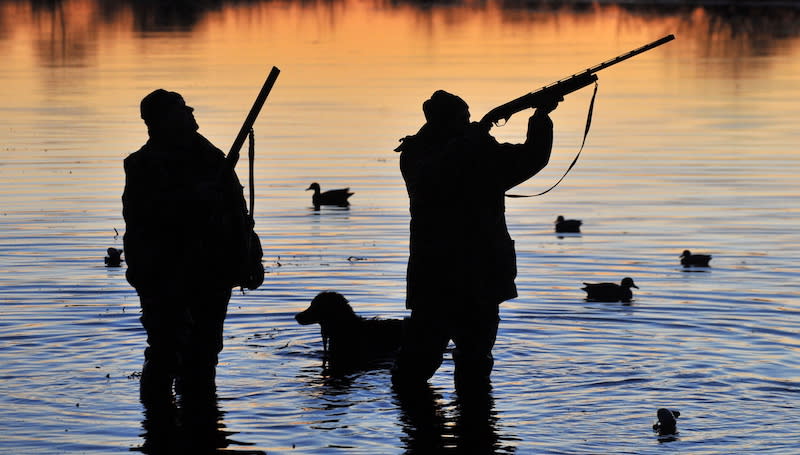How to legally obtain a gun in Canada
After yet another violent shooting attack this summer in Toronto, Canada’s gun laws have come under scrutiny.
Since 1969, guns have been regulated in Canada through the Firearms Act. The RCMP, Canada’s national police force, is responsible for classifying firearms under different categories. There are three classes of guns in Canada: non-restricted, restricted and prohibited.
Prohibited firearms include automatic weapons, handguns with a barrel of 105mm or shorter, sawed-off shotguns and rifles, and automatic weapons that have been converted to shoot like a semi-automatic firearm. Many handguns are placed on the prohibited list, meaning they can only have been bought before they were placed on the prohibited list.
Restricted firearms generally includes certain handguns, semi-automatic rifles and shotguns with barrels shorter than 470mm, along with guns that can be fired when folded. According to a 2016 RCMP report, there are approximately 840,000 restricted firearms in Canada. Non-restricted firearms cover ordinary rifles and shotguns, presumably used for hunting.
Any Canadian citizen 18 years of age or older who wishes to own a gun in Canada must first obtain a firearms licence. Applicants can apply for a restricted or non-restricted weapon permit, and the course can be completed in one or two weekends, depending on the permit.

Canadians applying for a gun licence have to take a gun safety course, called the Canadian Firearms Safety Course (CFSC), which teaches applicants about gun parts, safety practices, ammunition, proper handling and storage, along with other topics.
Minors can also apply for a gun licence, but they are limited to using them for target practice, shooting competitions, hunting and instruction in using firearms. They can apply for a licence once they turn 12, unless it’s determined that they need it at a younger age for hunting purposes. Once they reach 18 though, they have to apply for a regular gun licence.
After completing the safety courses, applicants can apply for their gun licence. Then background checks and reference interviews are conducted by the RCMP’s Canadian Firearms Program. Based off the interviews and references, an applicant will either be granted or denied a gun licence. The process can sometimes take months to successfully complete.
The responsibility for granting licences falls under the Chief Firearms Officer. There is one for every province and territory, and they are responsible for licensing and regulation of firearms in their jurisdictions. Once gun owners get their gun licence, they have to be renewed every five years.
Even after getting a firearms licence, gun owners have to have a permit to transport their guns outside of their homes. If you want a gun for hunting, applicants need to take a separate course on hunting with firearms.


